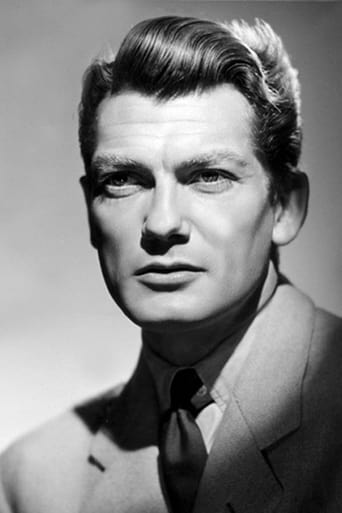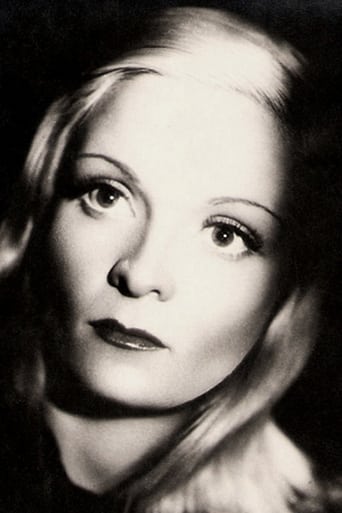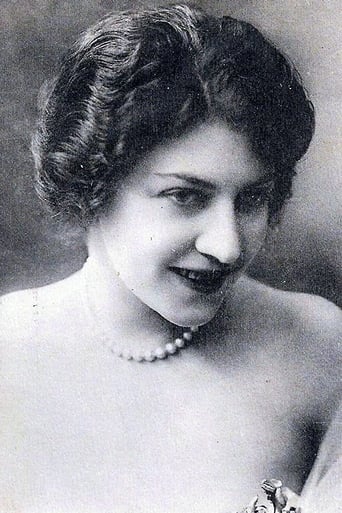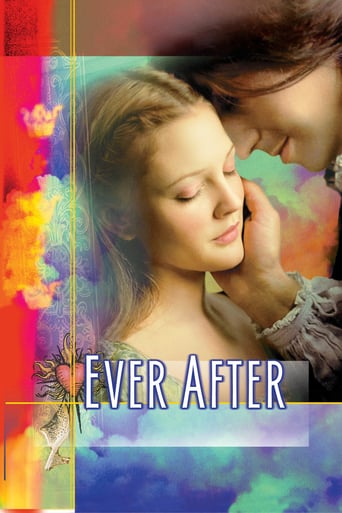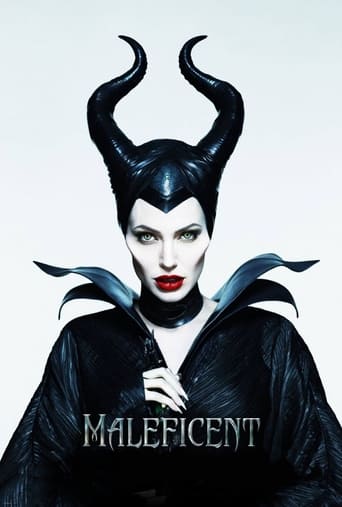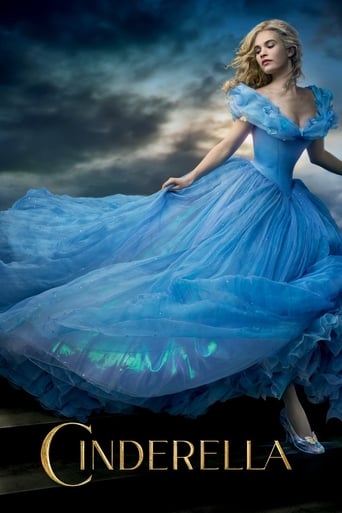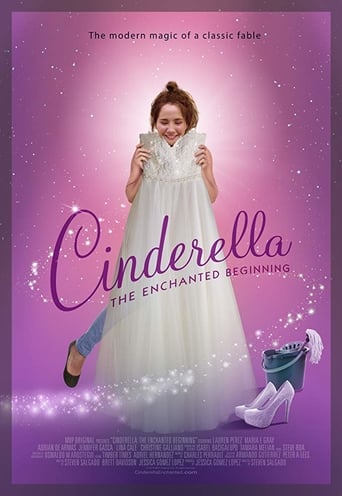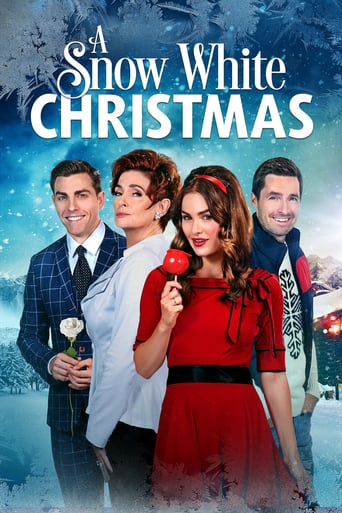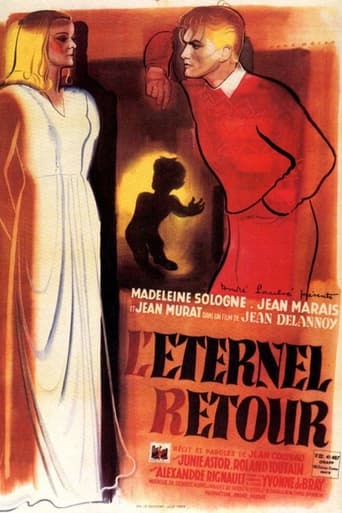
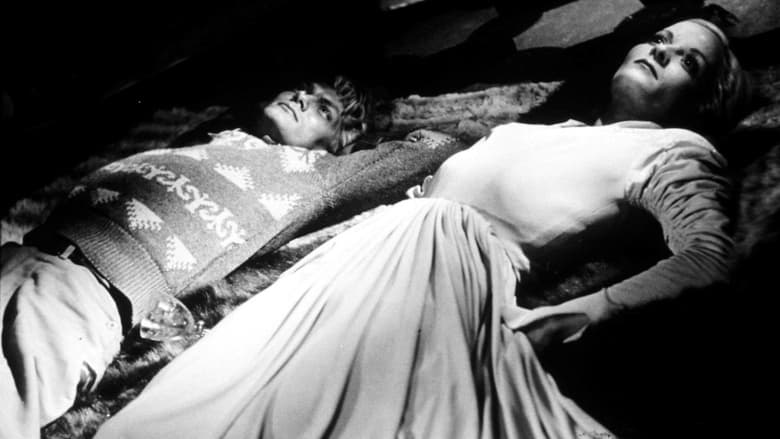
The Eternal Return (1943)
A retelling of Tristan and Isolde set in 1940s France.
Watch Trailer
Cast
Similar titles
Reviews
Don't Believe the Hype
Beautiful, moving film.
Great movie! If you want to be entertained and have a few good laughs, see this movie. The music is also very good,
Fun premise, good actors, bad writing. This film seemed to have potential at the beginning but it quickly devolves into a trite action film. Ultimately it's very boring.
If I put my mind to it I could probably get a reasonable Term Paper out of poets during the Occupation but on the other hand I wouldn't want to put the Academic-Pseud axis out of work. What brought this on, you ask. Well you might. Fact is I've just watched Jean Delannoy's L'Eternal Retour for the first time and was struck by the resemblance to Marcel Carne's Les Visiteurs du soir which was released one year earlier in 1942. Both films were written by poets (although Jean Cocteau was a poet more in his mind than mine whilst Jacques Prevert was the real McCoy. Prevert ended Les Visiteurs du soir with a stunning poetic image; the Devil, slightly miffed that the envoys he sent to earth to screw up the mortals plans had actually fallen for the mortals in question, duly petrified two of the lovers but as we gaze on the two statues we hear their hearts continuing to beat. Cocteau, being a lesser poet, settles for a more pedestrian ending leaving the two lovers lying side by side a la Romeo and Julient and, just in case we don't get it, having the husband of the woman intone solemnly 'now no one can come between them'. Although he didn't direct his take of Tristan and Isolde Cocteau ensured that the lead went to his life-long lover Jean Marais, a graduate of the Forestry Commission School of Acting and perhaps for his own pleasure he has Marais 'pose' a couple of times for no apparent reason. By coincidence Carne was himself homosexual as were Cocteau and Marais, which has no bearing on either film yet you can see how that old Academic-Pseud axis would be standing in line to book sabbaticals and write this up. Delannoy was a pretty good filmmaker as it happens and the records show that this was one of the most popular films released during the Occupation. I have no quarrel with that and I'm pleased to have finally seen it.
I see the Nazi references, but there are subtle subliminal messages being sent to the French people who were under the jackboot of Nazi oppression. It was not a proud time for them. Remember that during the Middle Ages, Vikings invaded France from the North. The men from the North who became the Normans finally assimilated nicely with the people living in northern France. Men who were expert sailors learned farming and the language of the "French". Re-telling the Tristan story always seemed to me to be a way to reach the soul of the French. It's a way to remind them of the time of the brave knight who comes to the rescue of his lady. The blondness of Patrice and Nathalie could be a reference to the Normans. They are both orphans of the sea and the death scene with both of them positioned perfectly on a boat(linked eternally)with the skies parting to bring them up to heaven is very reminiscent of the French epic poem "Chanson de Roland". It also reminds me of a dead Viking warrior being cast out to sea on his burning boat. A film to be enjoyed on many levels and a way to appease the Aryan loving Nazis while resonating with the proud history of the French.
A spectacular and beautiful film, and perhaps one of the best movies ever made. In the roles of an updated Tristan and Isolde, Sologne and Marais are a stunningly handsome couple. This powerful romantic tragedy transcends the ephemeral world of politics altogether and carries us into the realm of dreams & legend, as "Beauty & the Beast" did so well. Its theme and sense of style actually have much in common with many German films of its time. Admirers of the art of Jean Cocteau will not be disappointed.
I thought this film was genius. For this implicit portrayal of Nazi politics to be made in Vichy France is astounding. The sinister Achille is one of the most shockingly real characters I've ever seen. If you speak French, see this movie (do NOT rely on the subtitling...it's shoddy).
